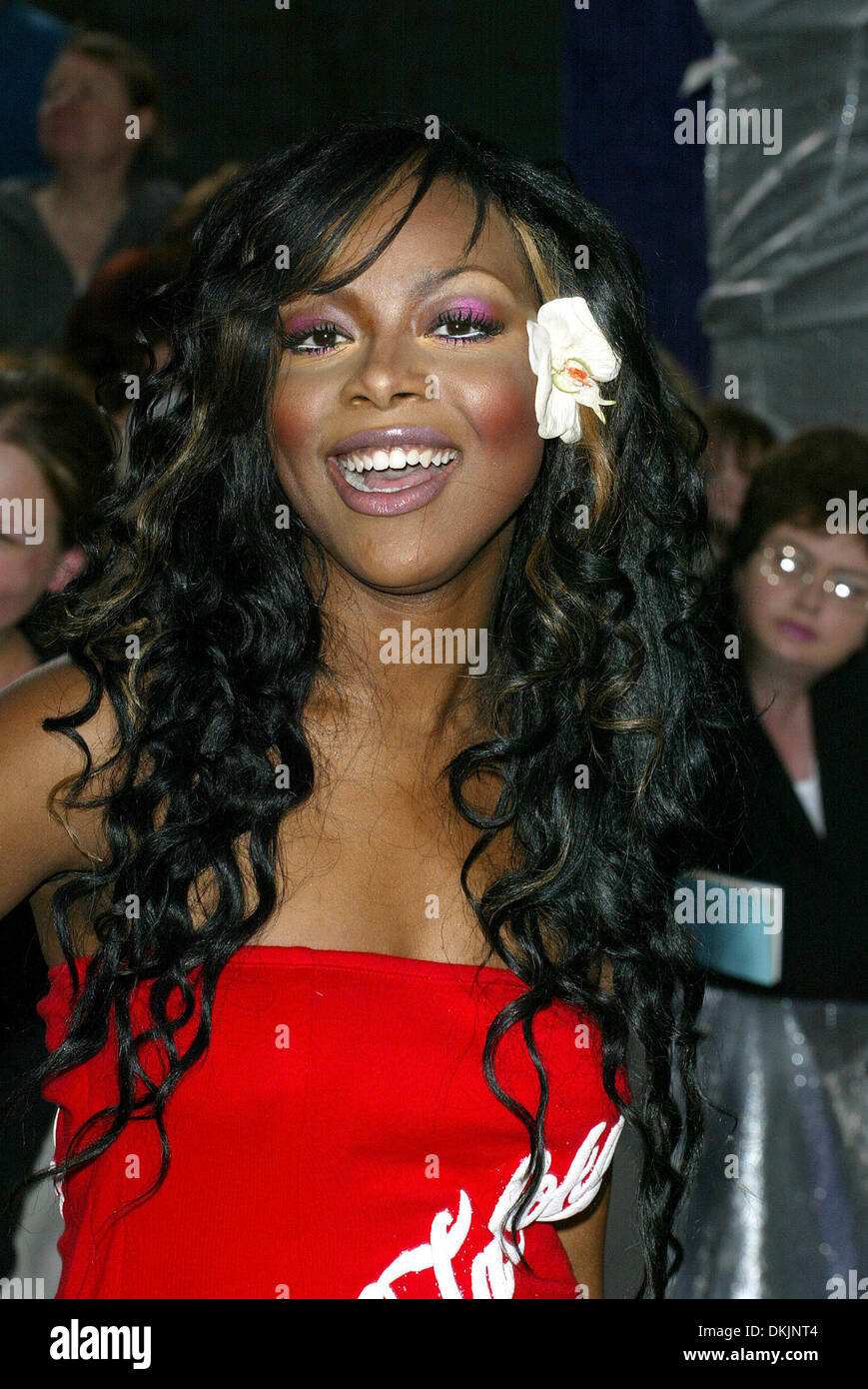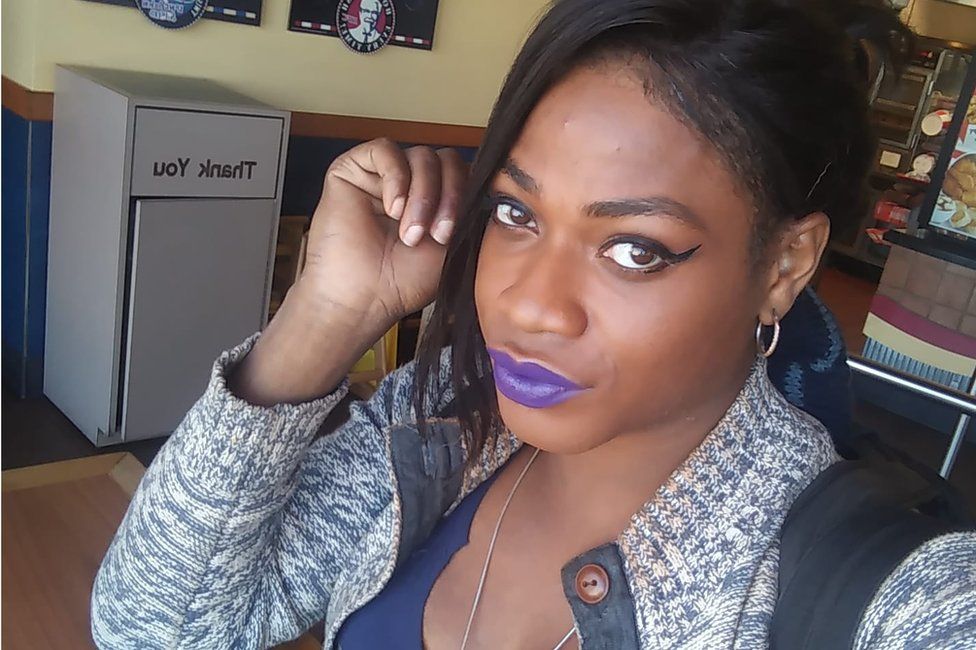Ebony Magazine: History & Future Explored | BBC Radio 4
Can a magazine truly reshape a culture? For generations, Ebony magazine served as a mirror and a megaphone for the African American experience, and its legacy is one of profound impact.
The story of Ebony, as explored by Gary Younge, is one of ambition, innovation, and unwavering commitment. Its a story that begins with a man named John H. Johnson, who, in the face of pervasive racism and limited opportunities, saw a need and filled it with a publication that would not only entertain but also empower a community. The narrative, initially broadcast on BBC Radio 4 in June, delves into the magazine's creation, its cultural significance, and the questions surrounding its future.
From its debut on newsstands in 1945, Ebony provided a platform for African Americans to see themselves reflected in the media. It showcased their triumphs, their everyday lives, and their struggles. The magazine was a celebration of black excellence, featuring prominent figures in politics, arts, sports, and business. It was a space for black voices to be heard, a source of inspiration, and a crucial element in the fight for civil rights. The magazine's impact extended beyond mere entertainment; it became a vital tool in shaping perceptions, fostering pride, and documenting a history that was often overlooked or misrepresented elsewhere.
The magazines commitment to showcasing the best black entertainment and celebrity news was unwavering, solidifying its place as a leading voice in the community. As the world shifted, so did the magazine. It addressed the changing landscape of African American life, covering topics from fashion and beauty to politics and social justice. Its pages featured powerful photo essays, insightful interviews, and thought-provoking articles that challenged stereotypes and sparked dialogue.
John H. Johnson's vision extended beyond the pages of the magazine. He built a media empire, creating a network of publications and other ventures. This business acumen was as remarkable as his editorial vision. He understood the power of media and used it to uplift and inform, creating a legacy that continues to influence the media landscape today. But like any institution, Ebony faced its share of challenges, including changing readership, economic pressures, and the evolving media landscape. The question that lingers is whether the magazine can continue to thrive and remain relevant in a world of instant information and diverse media platforms.
The magazines influence extended far beyond the United States. It provided a global perspective on the African diaspora, connecting people of African descent across continents. Its pages showcased black people from all walks of life, celebrating their achievements and experiences. The magazines presence served as a reminder of the global reach of the African American experience and the shared history and culture of the African diaspora.
The challenges faced by Ebony mirror the struggles of many media outlets in the digital age. The rise of social media and online platforms has changed how people consume information. The economics of publishing have become increasingly complex, and competition is fierce. Yet, the value of Ebony and its legacy remains. It's a testament to the power of media to shape narratives, build community, and preserve history. The magazine's impact on African American life is undeniable, and its future trajectory is a subject of ongoing discussion.
The magazine's archives contain a wealth of information, providing invaluable insight into the African American experience. Its photography collections offer a rich visual record of history, capturing iconic moments and everyday scenes alike. The magazines commitment to chronicling the lives and achievements of black people has left a lasting impact on society, shaping perceptions and inspiring generations.
The story of Ebony is a reminder of the enduring power of media and the importance of representation. Its a story of resilience, innovation, and a relentless pursuit of progress. The magazine's legacy serves as an inspiration to those who seek to tell their stories and shape their destinies. The magazines impact on the media landscape is undeniable, and its future will undoubtedly shape the narrative for the next generation.
In contrast to the serious work of Ebony, the internet provides a very different landscape. The online world includes a variety of content, some of which is not appropriate. The digital sphere includes numerous websites featuring explicit content, often with a focus on specific themes. These sites showcase a wide array of videos, including those containing sexually explicit content. The vast amount of content available online underscores the broad range of interests and desires that the internet caters to. While these sites offer entertainment for some, the ethical implications of such content remain a significant area of debate.
| Category | Details |
|---|---|
| Full Name | John Harold Johnson |
| Born | January 19, 1918, Arkansas City, Arkansas, USA |
| Died | August 8, 2005 (aged 87), Chicago, Illinois, USA |
| Nationality | American |
| Education | Graduated from DuSable High School and attended University of Chicago. |
| Known For | Founder of Johnson Publishing Company (Ebony and Jet magazines) |
| Career | Journalist, Publisher, Entrepreneur |
| Awards and Honors | Spingarn Medal, Horatio Alger Award, National Association of Black Journalists Hall of Fame |
| Legacy | Pioneer in Black media; Changed how African Americans were represented in mainstream media; Created opportunities for black writers and photographers. |
| Reference | Wikipedia |
The contrast between the serious, historical context of Ebony and the availability of explicit content online highlights a broader discussion about the role of media in society. While Ebony sought to inform, inspire, and uplift a community, the internet offers a complex array of content, some of which presents significant ethical concerns. This dichotomy reflects the evolving nature of media and the diverse ways in which individuals engage with information and entertainment.
The presence of explicit content raises questions about standards, censorship, and the potential impacts on individuals and society. The ease with which users can access such content underscores the need for ongoing discussions about media literacy, responsible online behavior, and the ethical considerations of content creation and consumption. The contrast provides a valuable framework for considering the broader implications of media in today's world.
In a world saturated with digital content, media literacy and critical thinking are more crucial than ever. Individuals need to understand how to evaluate the information they encounter, discern fact from fiction, and navigate the complexities of the online landscape. The contrast between the legacy of Ebony and the presence of explicit content online underscores the importance of these skills in shaping how individuals interact with media.
The story of Ebony, its founder John H. Johnson, is an important reminder of the power of representation. The magazine's impact on African American life is undeniable, and its future trajectory is a subject of ongoing discussion. As the digital age unfolds, the lessons learned from Ebony's history are more important than ever.



Detail Author:
- Name : Dr. Bernard Tromp V
- Email : jwalsh@gmail.com
- Birthdate : 1976-09-20
- Address : 5284 Goyette Parkways Suite 526 Wiltonberg, LA 56495-5833
- Phone : 1-301-994-8866
- Company : O'Kon PLC
- Job : Computer Support Specialist
- Bio : Voluptatum itaque corporis rerum. Vel ex illum qui esse. Eius ducimus numquam earum et.